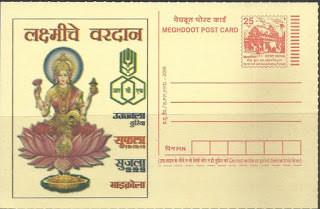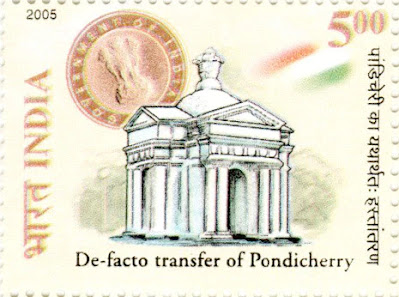On 16 August 1997, Krishan Kant, who was serving as the Governor of Andhra Pradesh, was elected as the Vice President of India. His election marked a significant moment in Indian politics, as he transitioned from his gubernatorial role to become the 10th Vice President of the country.
Krishan Kant's career was characterized by his commitment to democracy and public service. After being elected as Vice President, he also became the ex-officio Chairman of the Rajya Sabha, the upper house of India's Parliament. He held the Vice Presidency until his passing on 27 July 2002.
His election on August 16, 1997, is remembered as a key moment in his political journey, symbolizing the trust and respect he commanded across political circles in India.













